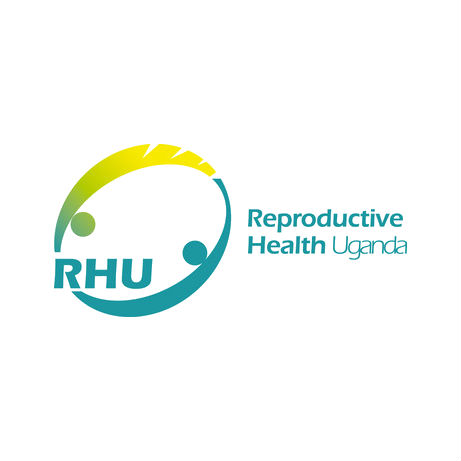

| 31 March 2016
Reproductive Health Uganda
Reproductive Health Uganda (RHU) is an indigenous, voluntary, not-for-profit organisation. The association has long-standing experience and expertise providing integrated comprehensive SRHR information and services which include sexuality education, family planning (FP), HIV prevention, care and treatment, breast and cervical cancer screening, sexually transmitted infections (STIs) management, immunisation, etc. RHU is proud to be associated with pioneering family planning in Uganda. For more than 60 years RHU has been involved in SRHR service provision and advocacy programmes that have defined the SRHR landscape in the country. Annually RHU provides more than seven (7) million life-saving, affordable, accessible and quality SRHR information and services to the most vulnerable and underserved communities including young people, refugees, and those in hard to reach areas totalling more than 1.2 million people. RHU implements several programmes in humanitarian settings in up to ten (10) refugee settlements. This is possible through the 19 RHU owned clinics with youth centres, located in the different regions of the country on top of having a franchise clinics totally 60. And a large service delivery network of about 25 outreach teams and over 6,000 community resource persons, conducting over 1,000 outreaches annually. Our Vision: A Uganda where everyone’s SRHR are fulfilled and protected without discrimination Our Mission: To champion, provide and enable universal access to rights based SRHR information and services to vulnerable and underserved communities especially young people Our Values: Voluntarism; Rights Based, Integrity, Choice and Result Oriented RHU is held in high repute among partners. RHIU has previously chaired of the Uganda Family Planning Consortium - a platform that brings together more than 15 major family planning partners. We are the current deputy chair of the Coalition to End Maternal Mortality Due to Unsafe Abortion, we sit on many working groups in the ministries of health, gender and education. We lead a number of platforms that bring together different SRHR partners implementing specific advocacy interventions.

| 31 March 2016
Family Planning Association of Nepal
Established in 1959. the Family Planning Association of Nepal (FPAN) is Nepal's first national family planning service delivery and advocacy organization. It is a major collaborator of the Government of Nepal's national sexual and reproductive health (SRH) program, contributing a greater percentage of all SRH services in Nepal annually. FPAN serves Nepalese people in 44 districts, focusing on the poor, marginalized, socially excluded and underserved (PMSEU) populations, which include female sex workers, people living with HIV (PLHIV), LGBTIQ people, injecting drug users, men who have sex with men (MSM), migrant workers, people with disabilities (PWD), survivors of gender-based violence (GBV), urban slum dweller and people affected by disaster and crisis. The mission of FPAN is to "champion a volunteer movement for increased provision of SRHR to all, particularly to those most at risk, marginalized, and under-served". The planned outcomes set by FPAN for the strategic planning period (2016-2022) include: Nepal Government respects, protects and fulfil sexual and reproductive rights and gender equality; Nepalese people empowered to act freely on their sexual and reproductive health and rights; a high quality integrated sexual and reproductive health services delivered; and a high performing, accountable and strong FPAN. The success of FPAN is due to its extensive and diverse network of service delivery points, as well as its expertly trained staff and volunteers who provide services in areas where they would otherwise be unavailable. FPAN provides an Integrated Package of Essential Services (IPES), which includes sexuality counselling, contraception, including emergency contraception, safe abortion, STIS/RTIs, HIV & AIDS, obstetrics, gynecological and sexual & gender-based violence services. These services are provided across 974 service delivery points (including 270 clinical SDPs, 22 family health clinics, 56 community health clinics, 75 associate clinics, 117 mobile teams, and 794 non-clinical service delivery points). FPAN provides approximately four million SRH services each year across its service delivery points, with family planning accounting for 40%, STIs/RTIs for 14%, gynaecological services for 12%, HIV services for 10%, and other services accounting for the remaining 24%. FPAN has eight clinical training centres that are connected to its family health clinics, which provide full range of family planning and reproductive health services. The training centres are accredited by the National Health Training Centre, (MoHP). These centres provide a variety of family planning and sexual and reproductive health training to health care providers from FPAN, government, and non-governmental organizations (NGO) health facilities.







